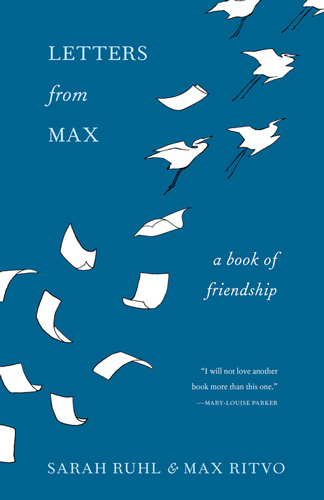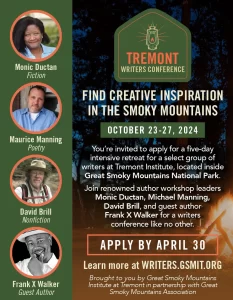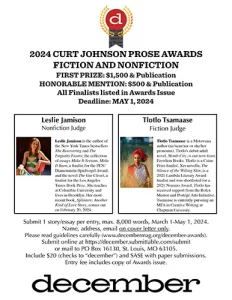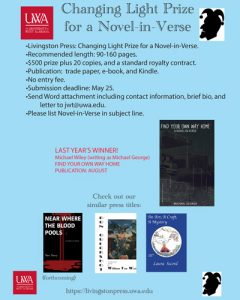Letters from Max
For the most part, my copy of Letters from Max is unmarked. No circles around words with lines leading to other circled words. Minimal scrawls in the margins. This is due to the simple fact that I never wanted to stop reading in order to pick up a pen.
For the most part, my copy of Letters from Max is unmarked. No circles around words with lines leading to other circled words. Minimal scrawls in the margins. This is due to the simple fact that I never wanted to stop reading in order to pick up a pen.
There is so much to say about this book. As its subtitle suggests, it’s a tale of friendship. In 2012, Sarah Ruhl met Max Ritvo. She was a playwriting professor at Yale, and he was her student. Ritvo was an exceptional poet, an encyclopedia of Vedic texts who “seemed eighty years old and not from this century . . . yet he had the air of a playful child.” He was also in remission from Ewing’s sarcoma, a rare pediatric cancer. Over the next four years, the two became almost inseparable, exchanging emails and texts, and meeting for soup to discuss life, death, and above all, the glory of words.
It is such a treat to see their relationship blossom (at the beginning: “Dear Professor Ruhl,” and a little later: “Sarahlovely!”). Letters from Max makes me feel like a kindergarten teacher, watching one kid stick their tongue out at another, and then vice-versa, and immediately the two of them clasp hands and skip down the hallway.
It doesn’t take Ruhl long to realize that Max isn’t her student, but her contemporary. In their conversations, the two of them feed off each other, sending plays and poems and feedback in return. They comfort one another with suggested readings and words of wisdom. For example, in response to Ritvo saying that he was afraid death is nothing:
But we’ve never found nothing! We can’t find nothing anywhere! It requires such a leap of faith to believe in nothing! I’ve never seen nothing anywhere! Not even those black holes talking to each other in space are nothing, properly speaking. No matter where I look I can’t find it! Emptiness, maybe; nothing, never.
The imagery throughout is unparalleled—perhaps this is because there are two minds at work, but I would argue that there could be 100 people writing this book, and the palpability of their ruminations would still appear inferior compared to that of Ruhl and Ritvo.
Sarah gave a blessing at Max’s wedding, in which she said:
“Imagine that you are a book,
and your beloved is a book.
How can a book read another book,
if a book can’t read itself? Love.”
In the following email from Max, he mentions his wife’s (and the ancient West African) belief that “the night was a blanket and small holes poked in the blanket revealed a blistering cosmos of white light behind it.”
There is one Ritvo poem in particular that I will quote in part, and I cannot get it out of my head to save my life. It is titled “Earthquake Country Before Final Chemotherapy” and it starts:
For the first time tonight,
as I put my wife to bed
I didn’t have to shove her off me.She turned away in her sleep.
I wondered what was wrong with my chest.
I felt myself, and the collar bone
spiked up and where she’d rest
her cheek was ribs.Who wants to cuddle a skeleton?
My skeleton wandered from the house
and out onto the street.
Max was adamant on not letting this book become the woe-is-me cancer narrative that it could have, and I believe that Letters from Max is far from a story that induces pity. It’s the celebration of an amazing mind, body, and soul. I say “mind” because, through his poetry and letters, one can easily see the genius of Max Ritvo. I say “body” because, even toward the end, when his body began to fail beyond repair, he fought. There was no going gentle into that good night; he wrote and wrote until physically impossible. This should and will serve as an inspiration for writers for ages to come. Lastly, I say “soul” because the love that he displayed on these pages did not come from intellect. It did not come from reading Wittgenstein or Buber, but some undying, celestial smile that, once upon a time, told Max that Earth could use a little help. And so help he did.





